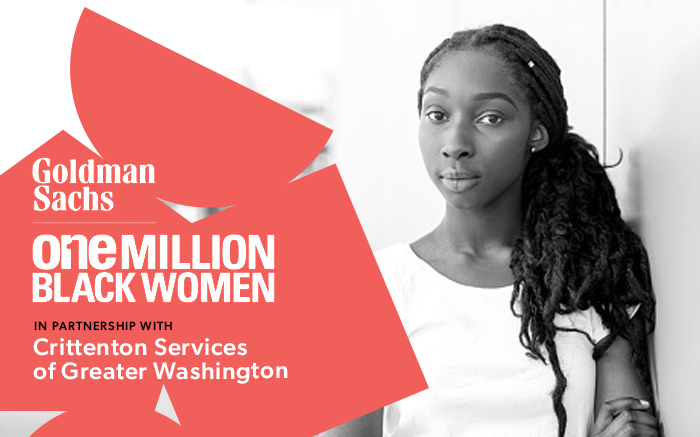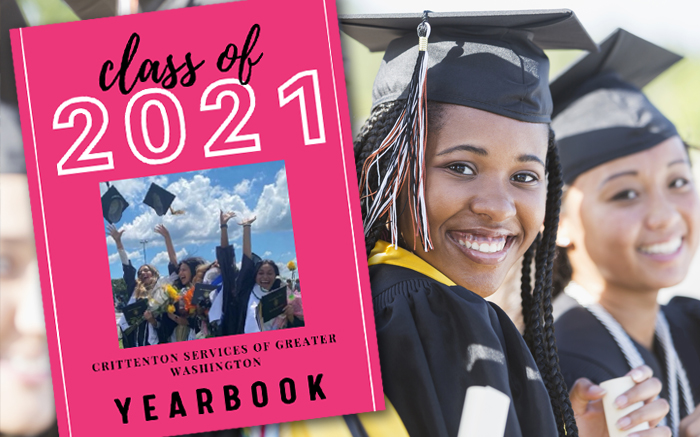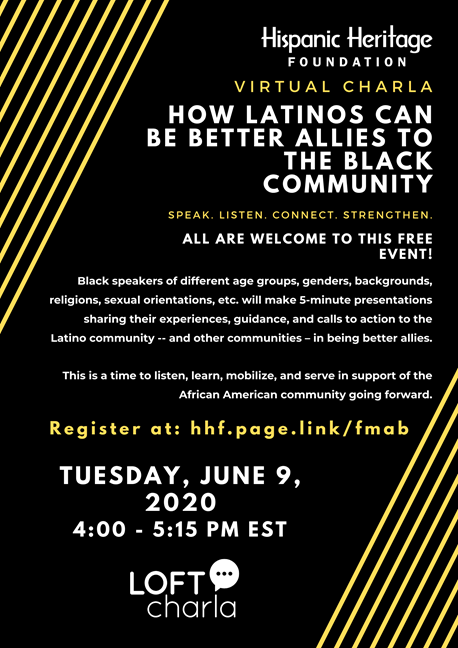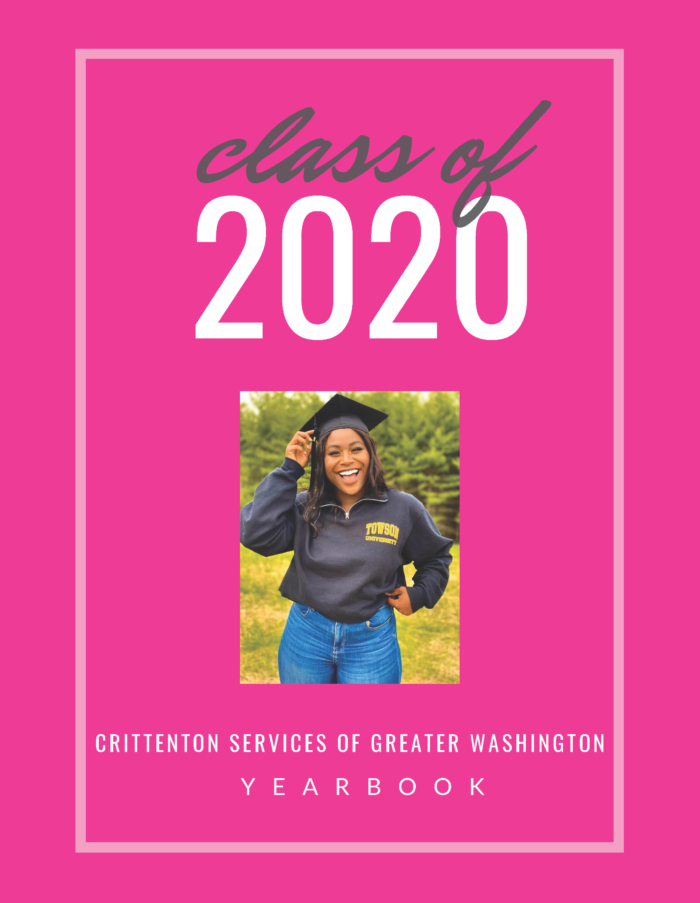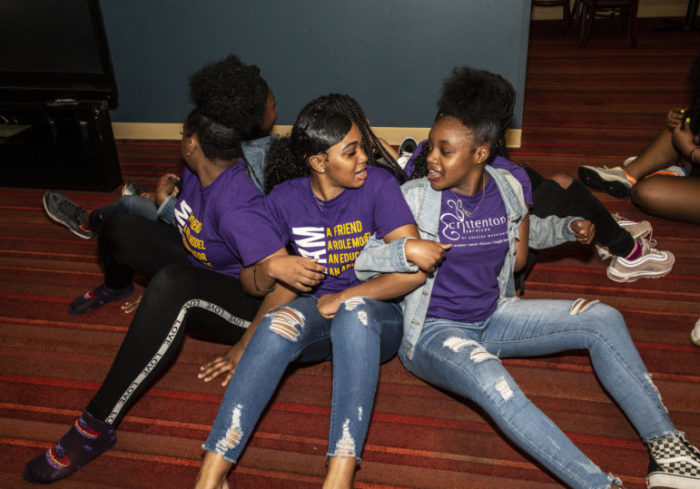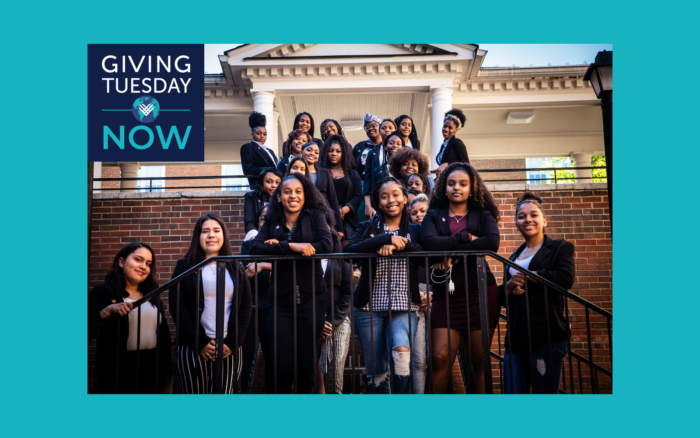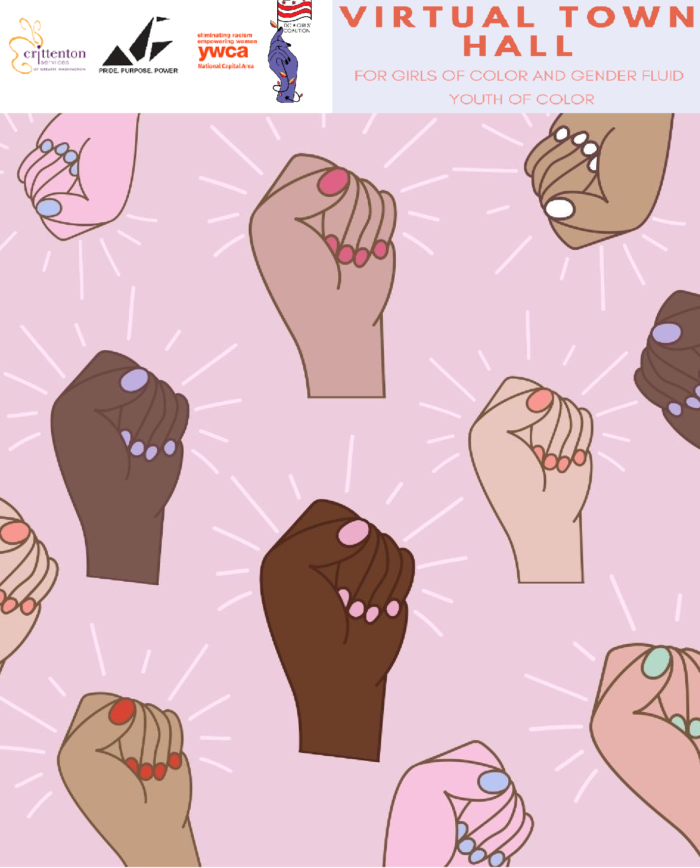WASHINGTON, DC, UNITED STATES, December 10, 2025 /EINPresswire.com/ — Crittenton Services of Greater Washington (CSGW), a leading nonprofit empowering teen girls across the region, proudly announces, after a national search, the appointment of Ms. Sheena R. Foster as its new President and Chief Executive Officer. Foster brings to Crittenton nearly two decades of executive experience in nonprofit leadership, sustainability, mission-driven business strategy, and community development. A nationally recognized leader, she joins the organization with a dynamic blend of vision, operational expertise, and a lifelong passion for uplifting women and girls.
While Foster’s official start was planned for later in December, she was publicly announced as Crittenton’s incoming President and CEO at the organization’s 137th Anniversary Celebration at The Hamilton Live on November 13th. There, she stepped into leadership immediately—delivering the live appeal, helping raise a record-breaking fundraiser, and personally committing $1,000 to support Crittenton girls. Her early engagement demonstrated her deep dedication to the mission and commitment to leading with both action and generosity.
Crittenton also extends its heartfelt gratitude to Interim CEO Khali Northington Kenyatte for her exceptional leadership throughout the transition period. Her steady guidance ensured organizational continuity and unwavering support for the girls and communities Crittenton serves. “We are thrilled to welcome Sheena Foster as Crittenton’s new CEO,” said Board Chair Kymber Lovett-Menkiti. “Her passion for equity, her experience shaping community-centered programs, and her belief in the limitless potential of every young woman perfectly align with Crittenton’s mission and the exciting future ahead.”
Notably, Foster’s connection to Crittenton began long before this appointment—having volunteered for the Women Executive in the Classroom series with Crittenton Girls and serving as a table mentor at the organization’s Annual Leadership Tea, further deepening her commitment to advancing opportunities for young women.
Foster most recently served as Executive Director of Friends of Kenilworth Aquatic Gardens, the philanthropic partner to a National Park in Washington, D.C. devoted to aquatic plant conservation and environmental stewardship. During her tenure, she strengthened organizational infrastructure, secured significant public and private investments, expanded inclusive community engagement, and championed environmental education and equitable access to public lands.
A proud New Orleans native residing in the Greater Metro Washington D.C area, Foster’s professional work spans labor relations, climate resilience, sustainable infrastructure development, business innovation, and community capacity-building, all grounded in a deep commitment to economic empowerment. She holds a degree in Urban Sustainability and a Master of Public Administration. She is currently pursuing a Master of Arts in Theology with a focus on mission development – reflecting her belief in values-driven leadership and the creation of beloved community.
Her civic leadership includes serving as Commissioner and Chair of the Montgomery County Commission for Women, as well as board service with the Maryland Legislative Agenda for Women (MLAW), Women of the ELCA, and the National Council of Churches Joint Action and Advocacy for Peace Convening Table. She is also a member of Iota Phi Lambda Sorority, Montgomery Women, a graduate Fellow of the United Nations Association, the Clean Energy Leadership Institute, and the Council of Urban Professionals.
“I am honored to join Crittenton, an organization with such a powerful legacy and a deep commitment to uplifting girls,” said Sheena Foster, CEO. “My focus is on expanding our mission, strengthening our reach, and ensuring every girl in our programs receives the highest-quality support, encouragement, and opportunities she deserves. I’m excited to work alongside our staff, board, and community partners to build a collective and shared vision while championing the voices and leadership of the girls we serve.”
As CEO, Foster’s strategic priorities include:
- Expanding Crittenton’s regional footprint to ensure more girls can access its transformative programming.
- Strengthening and innovating services to meet the evolving needs of girls navigating today’s social, emotional, and academic challenges.
- Deepening partnerships with schools, families, youth-serving organizations, and local leaders to build coordinated systems of support.
- Elevating girls’ voices in program design, organizational strategy, and community advocacy.
- Investing in Crittenton’s dedicated staff, whose expertise and passion fuel the organization’s impact.
CSGW has a 137-year history of equipping young women with the tools, confidence, and support needed to thrive academically, socially, and emotionally. With Foster at the helm, the organization is poised to build upon its strong foundation and chart a bold new chapter of growth and empowerment.
If you’re interested in interviewing Sheena Foster or covering this story, please email Abby Saturni.

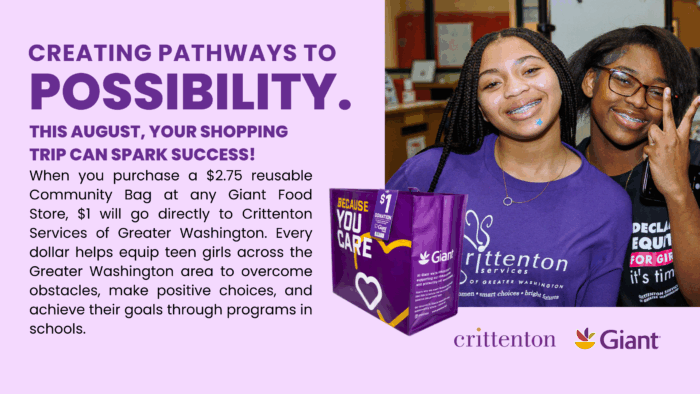
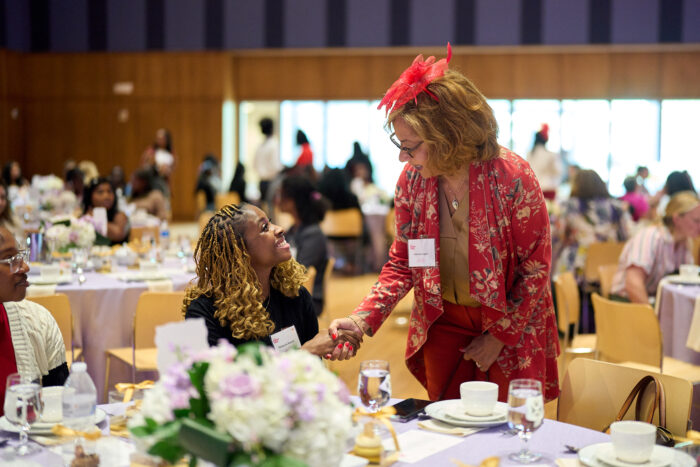
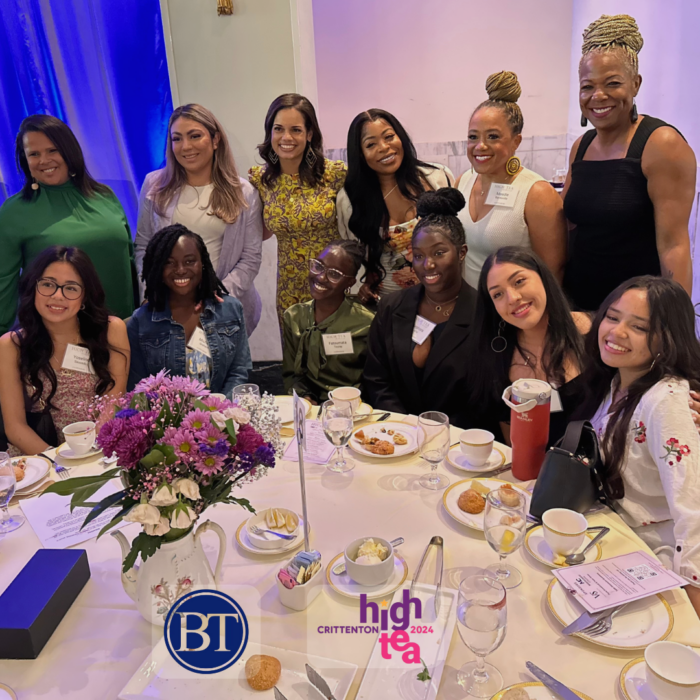
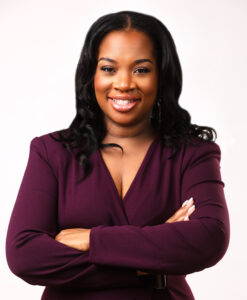
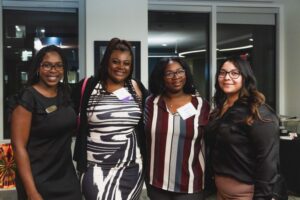
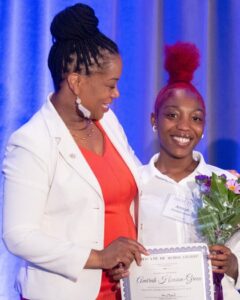
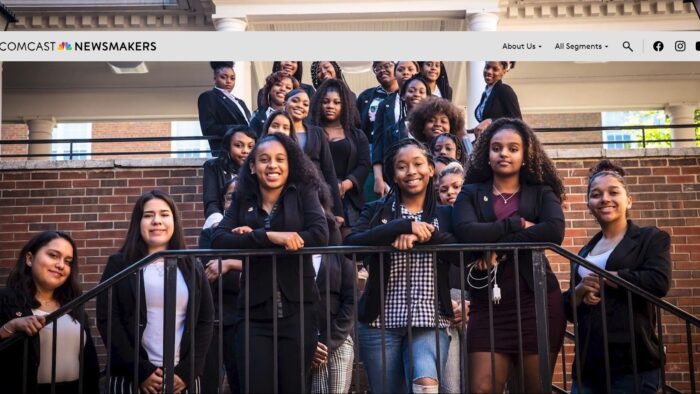
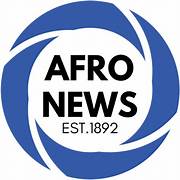


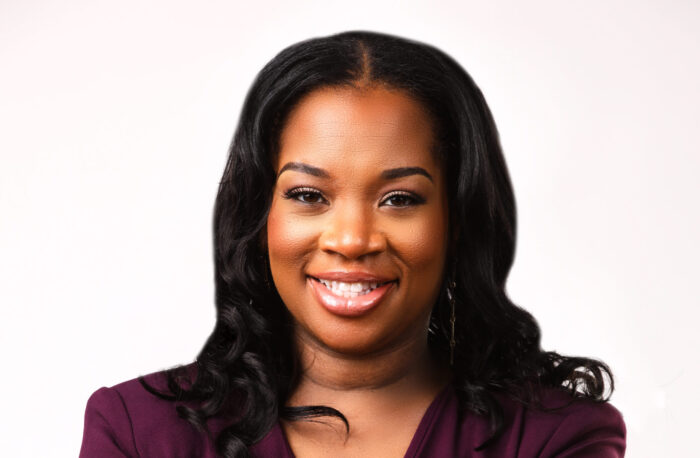
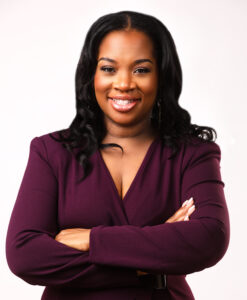
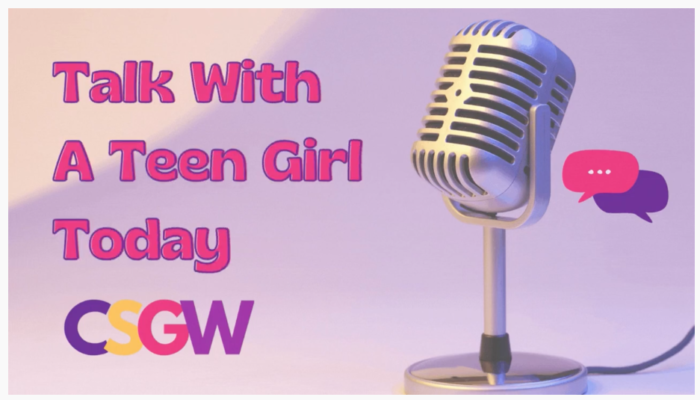
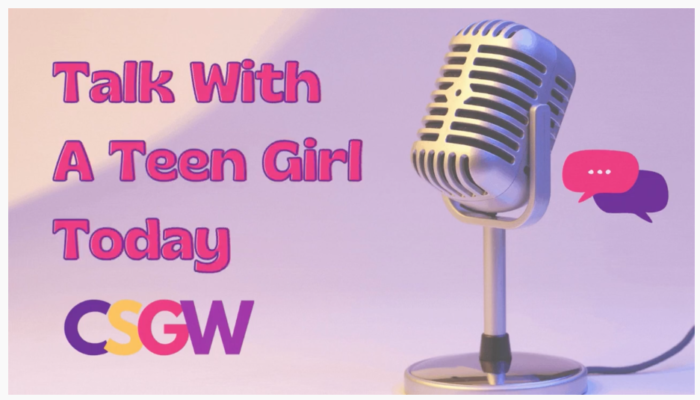
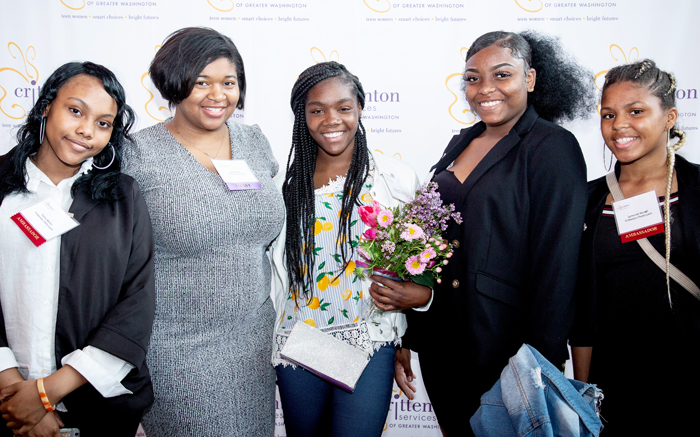
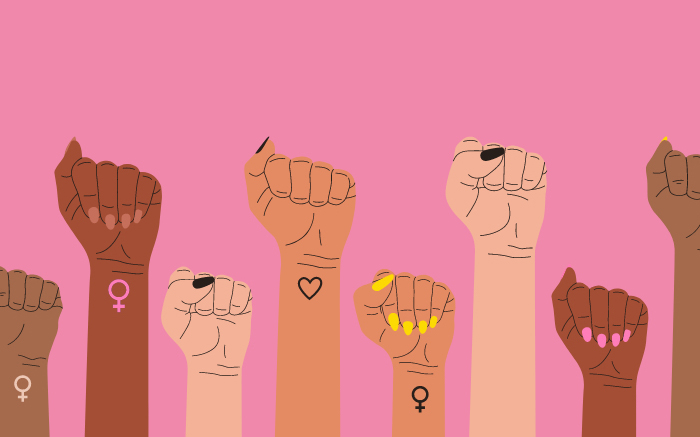

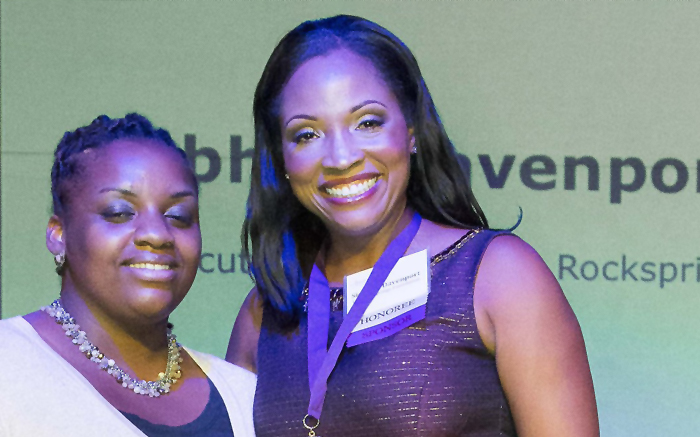
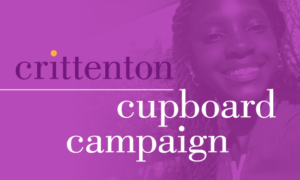 98% of Crittenton girls live in economically challenged communities. Over the years, when they’ve needed it most, we’ve stepped in—providing computers for school, safe rides home, feminine products, and school uniforms. During the pandemic we’ve also paid for groceries, car repairs, and, sadly, funeral expenses. Our aim is to prevent unanticipated financial hardships from snowballing into insurmountable challenges.
98% of Crittenton girls live in economically challenged communities. Over the years, when they’ve needed it most, we’ve stepped in—providing computers for school, safe rides home, feminine products, and school uniforms. During the pandemic we’ve also paid for groceries, car repairs, and, sadly, funeral expenses. Our aim is to prevent unanticipated financial hardships from snowballing into insurmountable challenges.